Blog Articles
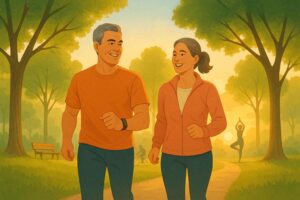
8 Lifestyle Changes to Improve Heart Health After 40
Implement small lifestyle changes after 40 to boost heart health, reduce disease risk, and enhance overall well-being.
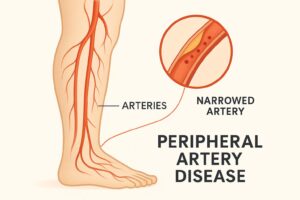
Understanding Peripheral Artery Disease: Symptoms and Treatment
Learn about Peripheral Artery Disease (PAD), its symptoms, risk factors, and treatment options to manage and prevent serious complications.

How to Lower Blood Pressure Naturally: A Complete Guide
Learn effective lifestyle changes to lower blood pressure naturally, including diet, exercise, stress management, and more for better heart health.

5 Common Sleep Disorders Affecting Heart Health
Sleep disorders like apnea and insomnia can seriously impact heart health, increasing risks for various cardiovascular issues. Learn how to improve your sleep.
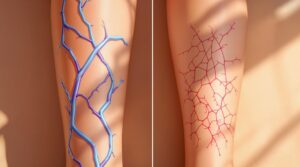
Varicose Veins vs Spider Veins: Understanding the Difference
Learn the key differences between varicose and spider veins, including symptoms, causes, risks, and treatment options for each condition.

7 Warning Signs of Heart Disease You Shouldn’t Ignore
Learn to recognize seven critical warning signs of heart disease that could save your life. Early detection is crucial for effective treatment.
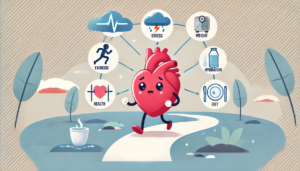
What Are Heart Palpitations?
Let’s say you’re sitting on the couch watching your favorite show, and all of a sudden, your heart feels weird. Maybe it’s beating really fast,
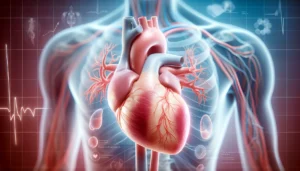
What Are The First Signs of a Weak Heart?
There are many causes of a weak heart. You may not even be aware of the symptoms. We will help you identify the signs of
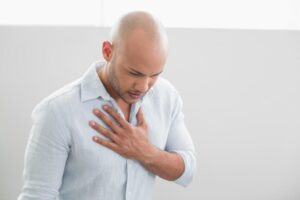
What Causes Fluttering In Your Chest?
There is no wrong way to respond to a flutter in your chest, though several can be concerning. For most people, a little flutter in
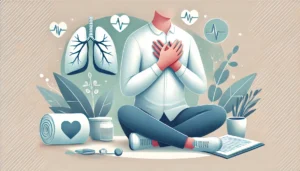
Sharp Pains in Your Chest: Should You Worry?
We’ve all been there—a sudden, sharp pain in your chest that makes you stop in your tracks. Before you let panic set in, take a
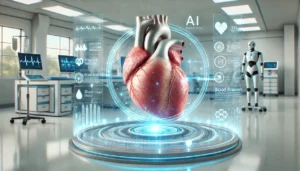
How can I track my heart health?
Maintaining optimal heart health is crucial for overall well-being and longevity. The heart, being the central organ of the circulatory system, plays a vital role

What kind of damage does COVID do to the heart?
The COVID-19 pandemic has left an indelible mark on global health, affecting millions of individuals across the world. While the primary focus has been on

